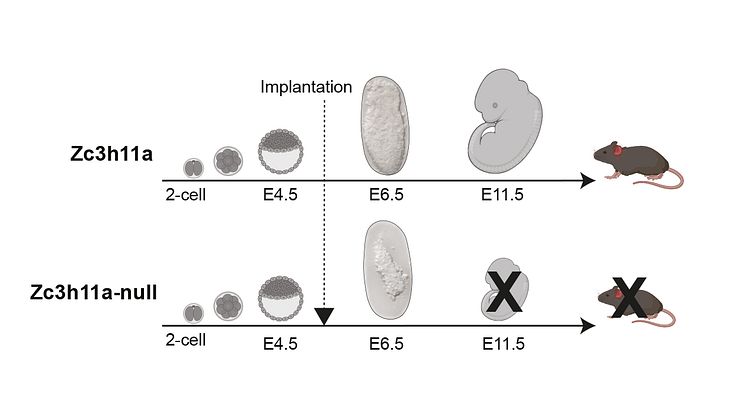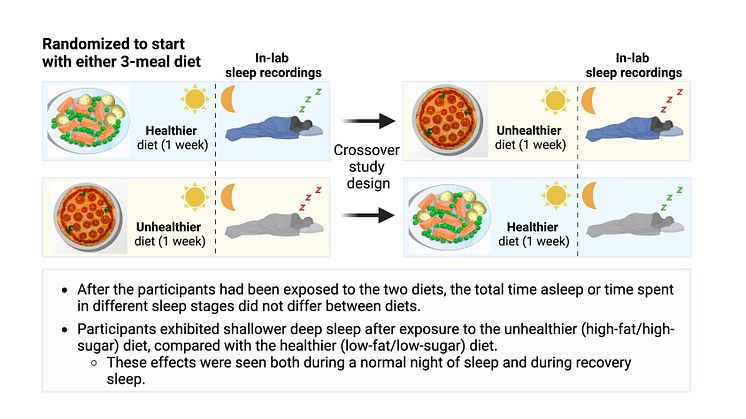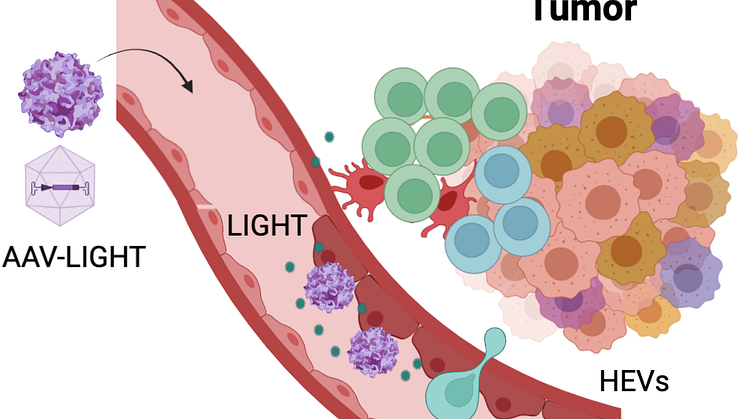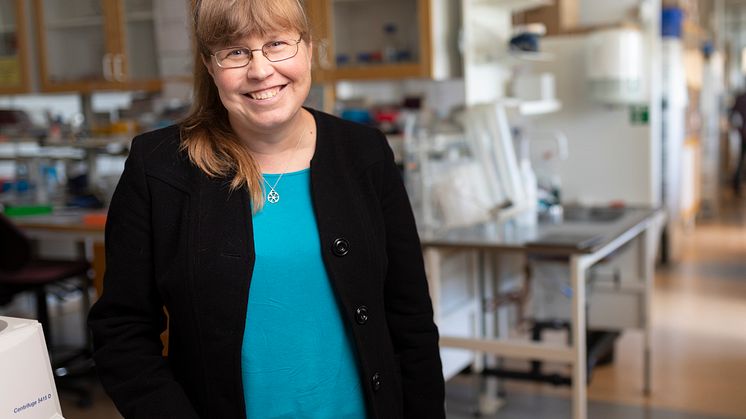New method to identify mutations in childhood brain tumors
Researchers at Uppsala university have developed a new method to find mutations in brain tumors in children. They could also show that the mutations identified by them changes how cancer cells respond to a cancer drug. These findings could lead to better diagnostics and more individualized treatment of children with brain tumors. The study is published in the journal PNAS.





